West Bank in Acute Humanitarian Crisis, World Bank Water Report Says
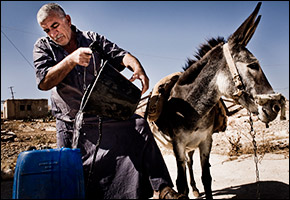
Amid bloody political conflict, the prolonged five-year drought in the West Bank and the Gaza Strip drags on in dismal day-to-day monotony, but a World Bank report published last month is raking the coals between Israelis and Palestinians over the vital aquifers that they share, The Guardian reports.
The study says that Israelis draw four times more water from the three shared West Bank aquifers — collectively called the Mountain Aquifer — than Palestinians do.
The findings provoked a sharp critical response from Israel, which questioned the figures, while others welcomed the report and its conclusions.
According to the study, the Israeli population – which controls the West Bank — uses about 240 cubic meters of water a person each year, while West Bank Palestinians draw about 75 cubic meters and Gazans about 125. In some areas of the West Bank, Palestinians are limited to 10-15 liters a person each day, which is below the supply threshold adopted by international humanitarian disaster response agencies as the bare minimum to avoid epidemics.
Water-related humanitarian crises are chronic in Gaza and in parts of the West Bank, where both Palestinians and Israelis face water restrictions.
The report highlights the combined effect of the poor governance and capacity of the Palestinian institutions with the imbalance of power in water distribution. Although in 1995 the Oslo Interim Agreement on Water established joint governance of water between Israelis and Palestinians in the area, Israel takes “the lion’s share,” according to Gidon Bromberg, the Israeli director of Friends of the Earth Middle East.
Fuad Bateh, an adviser to the Palestinian Water Authority, said that Israel blocks Palestine from developing policies and infrastructure to address the water scarcity. He added that Israel should follow its obligations under international law despite being the occupying power in the region.
“Palestinians have no say in the Israeli development of these shared, trans-boundary, water resources,” he said. “It is a situation in which Israel has a de facto veto over Palestinian water development.”
But Yossi Dreisen, an adviser at the Israeli Water Authority, disputed the Bank’s findings. He cited figures according to which Israeli water consumption per person has decreased while Plaestinian use has increased since Israel occupied the West Bank in 1967.
“There is not enough water in this area,” Dreisen said. “Something must be done. The solution where one is giving water to the other is not acceptable to us.”
Sources: The Guardian, The World Bank
, a Bulgaria native, is a Chicago-based reporter for Circle of Blue. She co-writes The Stream, a daily digest of international water news trends.
Interests: Europe, China, Environmental Policy, International Security.

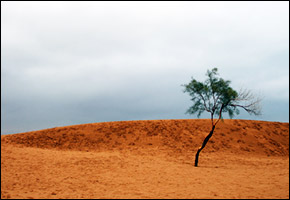

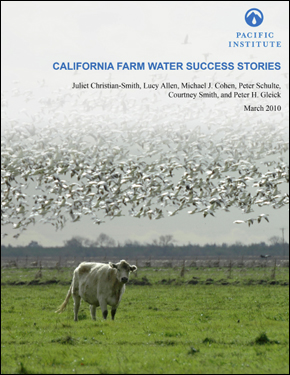
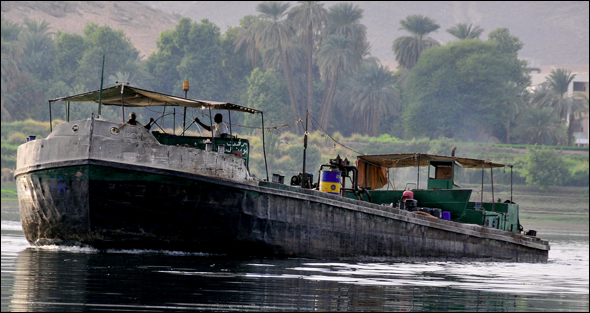
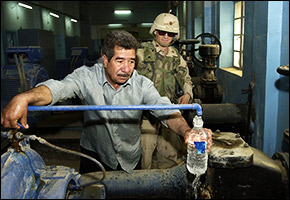


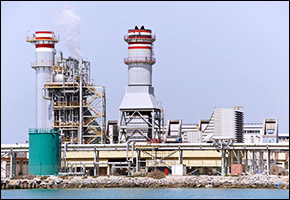
Leave a Reply
Want to join the discussion?Feel free to contribute!